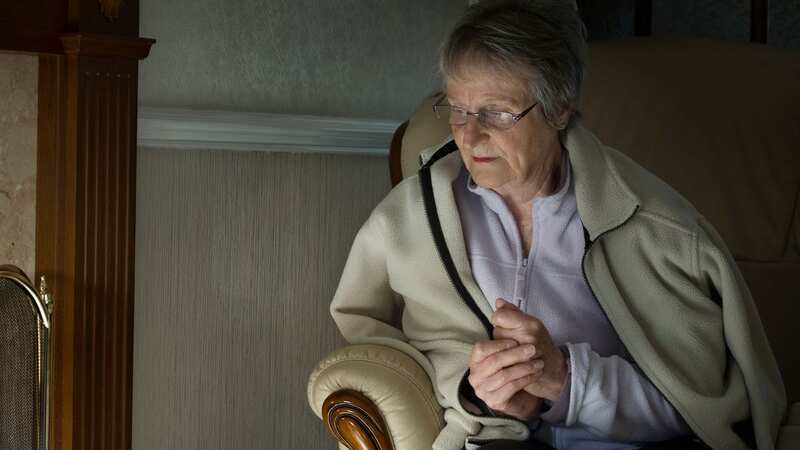Doctor shares key to preventing condensation and mould as elderly at higher risk

Condensation and mould are real problems at this time of year thanks to the colder temperatures outside, and heating being on inside.
As a result of this, a doctor is urging more to be done to warn the public of potential health issues that can occur if mould is left untreated in the home, sharing that the elderly are at a higher risk. It's estimated that the NHS spends an estimated £1.4 billion on treating illnesses associated with living in these poor conditions as mould invades homes. As a result, elderly mobility experts, Senior Stairlifts, sought the expertise of experienced GP and healthcare professional, Dr. Vijay Nayar, are trying to help people better understand how important it is to address mould prevention issues.
Dr Nayar noted that elderly people's "mental wellbeing" may be impacted, as if you reside in a "cold and damp home" you're more likely to experience anxiety and depression, which can, "in turn further weaken immunity, and the cycle continues." However, the key to help combat this could he as simple as "opening windows for a short period of time", which is "especially important when cooking or having a shower."
The expert added that "installing air vents and dehumidifiers is beneficial if they can be afforded" and advised people to "not dry clothes indoors" if possible, unless "unavoidable" due to not having access to a tumble dryer. Dr Nayer continued: "The message again is to keep some ventilation going and minimising cluttering can help with this. Damp should not be ignored and leaking pipes and appliances should be dealt with promptly"
Dr Nayar continued: "Mould can have a serious effect on your health as it releases microscopic spores which are irritant and can react with your immune system to produce an allergic reaction. Some people are more sensitive to mould and this includes children, older people, those with underlying allergies and people who are immunosuppressed. Inhaling or touching spores can set off an allergic reaction resulting in a runny nose, sneezing, a skin rash, and red eyes. The spores may also trigger an asthmatic attack if you have asthma or other underlying respiratory problems."
 Teachers, civil servants and train drivers walk out in biggest strike in decade
Teachers, civil servants and train drivers walk out in biggest strike in decade
Older people are particularly at risk, according to the expert, as they likely spend a higher proportion of time in their homes - and may have weakened immune systems. "Older folk are especially vulnerable due to their general frailty and weakened immune systems. They are also more likely to have respiratory problems such as chronic obstructive pulmonary disease (COPD) and asthma as well as heart disease", Dr Nayar explained.
Kieran Harris, founder of Senior Stairlifts, recalls a concerning pattern in his experience working closely with the elderly, saying that they "only tend to have their heating on in one room", and this can cause moisture levels to rise significantly, "leading to dampness and condensation on walls and ceilings."
"These conditions are ideal for mould spores to thrive and multiply, so despite the intention to stay warm and comfortable, the unintended consequence of heating only one room can result in a hazardous living environment for the elderly", Kieran said.
Read more similar news:
Comments:
comments powered by Disqus

































